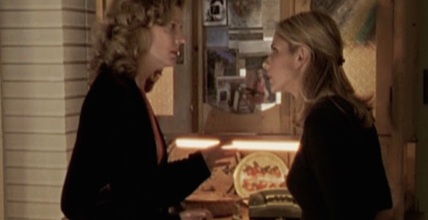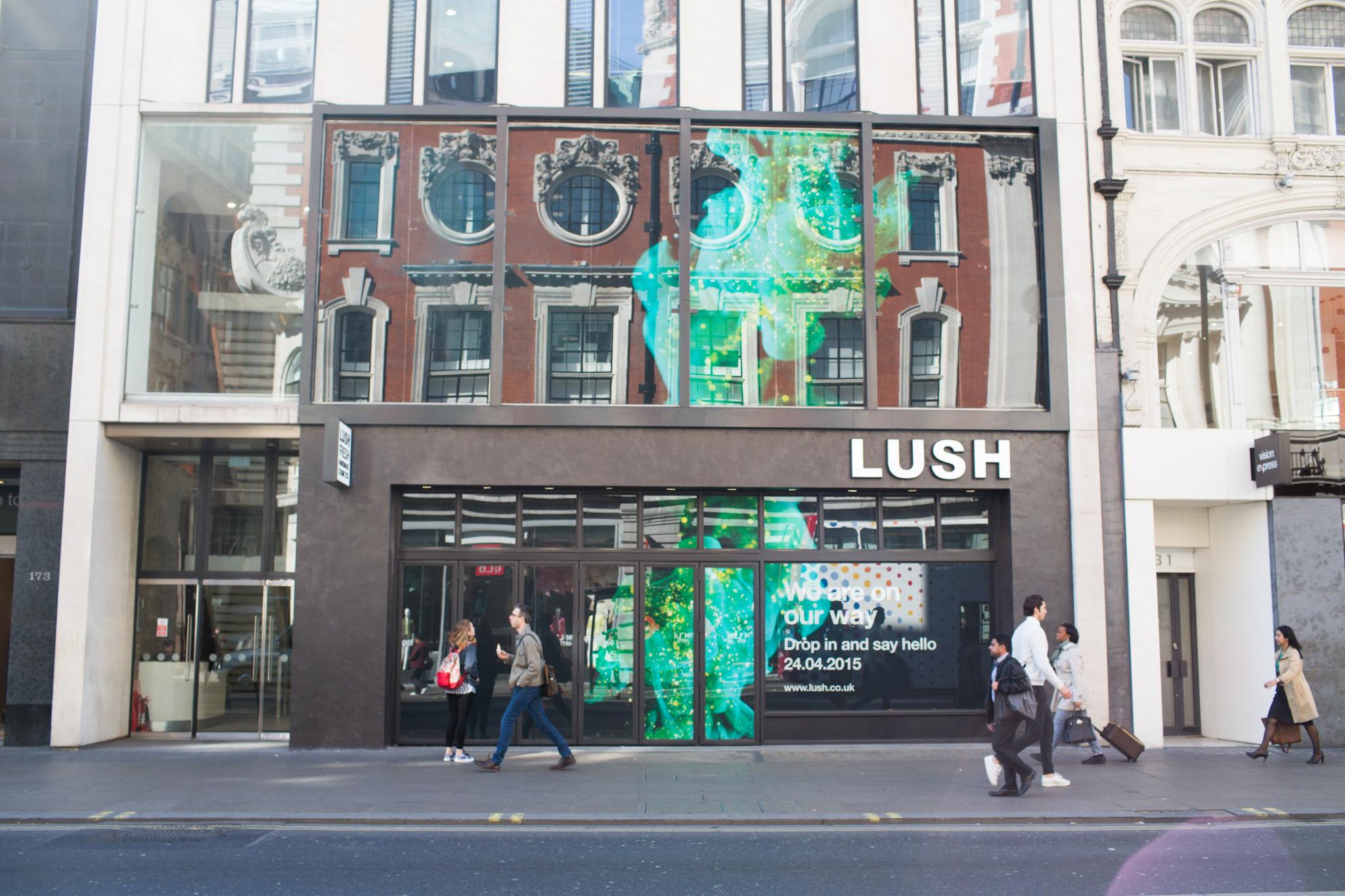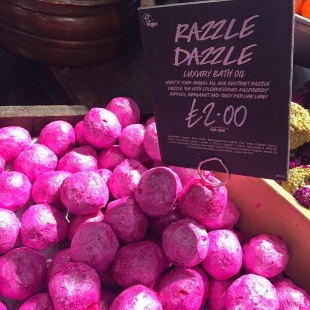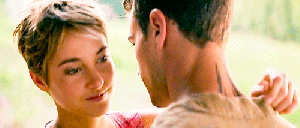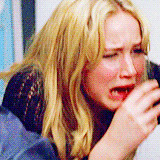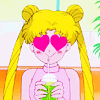Okay, I’m not really saying that Buffy is gay, but the scene in Becoming Part 2 (2×22) where Buffy tells her mom that she is the slayer… It has always reminded me of how it feels to come out and give a potentially earth-shattering truth to a parent. So here’s the dialogue from that scene (no clip is available on youtube unfortunately).
Buffy: She was a slayer, Mom.
Joyce: Like what you are? Honey, are you sure you’re a slayer? I mean, have you tried not being a slayer?
Buffy: Mom…
Joyce: It’s ’cause you didn’t have a strong father figure, isn’t it? Isn’t it?
Buffy: It’s just fate, Mom. I’m the Slayer. Accept it.
[…]
Joyce: You can’t just drop something like this on me and pretend it’s nothing!
Buffy: I’m sorry, I don’t have time-
Joyce: No! I’m tired of “I don’t have time” and “you wouldn’t understand.” I am your mother and you are going to make time to explain yourself.
Buffy: I told you. I’m a vampire slayer.
Joyce: Well, I don’t accept that!
Buffy: Open your eyes, Mom. What do you think has been going on for the past two years? The fights, the weird occurrences… How many times have you washed blood out of my clothing, and you still haven’t figured it out?
Joyce: Well, it stops now!
Buffy: No, it doesn’t stop! It never stops! Do-do you think I chose to be like this? Do you have any idea how lonely it is, how dangerous? I would love to be upstairs watching TV or gossiping about boys or, God, even studying! But I have to save the world, again.
Joyce: No. This is insane. You need help.
Buffy: I’m not crazy, Mom! What I need is for you to chill. I’ll be back.
Joyce: I’m not letting you out of this house.
Buffy: You can’t stop me.
Joyce: You walk out of this house, don’t even think about coming back.
At the very beginning when Buffy has accidentally “outed” herself to her mom, Buffy attempts to continue on knowing that it will be very difficult for her mother to understand and appears to be very scared of her reaction. It seems as though Buffy almost shuts down, trying not to focus upon what has just happened.
Then Joyce’s first responses echo a lot of what LGBT+ people hear upon coming out: “Are you sure…?” or “Have you tried not being…?” You could quite literally replace “slayer” with “gay” at the very start of this scene and it would still make sense. Eventually Joyce begins to digest this and starts playing the blame game; that Buffy lacked a father-figure, that she’s “insane” and needs medical help for this, because to Joyce everything she ever dreamed of Buffy having, a normal, happy and healthy life has just been thrown straight out of the window. It was completely beyond her comprehension that supernatural creatures exist, let alone that Buffy might need to fight them. Much like it could be for some people who have a very limited knowledge of the LGBT community.
Then Joyce goes about the wrong way of getting answers. Instead of accepting what Buffy has said and later using other resources to find out what a slayer is or whether Buffy is really telling the truth, Joyce becomes very hostile and demands that Buffy explain everything to her right then, as though Buffy isn’t feeling raw and emotional as well. Joyce even plays the parent card “I am your mother and you are going to do exactly what I ask of you” is not the best way to gain the respect of your child, nor support them emotionally.
Eventually Joyce begins to move from questioning and demanding answers to outright rejection. She states that she doesn’t accept what Buffy has told her, completely rejecting her identity and stating that if Buffy leaves she won’t be allowed back. This brings it home for a lot of us who have faced the fear and/or reality of being disowned by family when we come out.
Finally when Buffy does try to give her some answers she states how obvious it has been, how she has been hiding it for numerous years and can’t understand why her mother hasn’t realised. Buffy tells her mother that this isn’t new, this isn’t something she’s making up to rebel, but that she’s known for a while and has tried to keep it hidden – many of us can really relate to that part.
The main line that sticks out in this episode for me is: “Do you think I chose to be like this?” This is something many of the LGBT+ community have said to others, to their parents, and to themselves. This line holds so much meaning and it really reiterates the hard truth that no child can chose who they are completely, no matter what their parents might wish for them.

BTVS and creator Joss Whedon constantly pushed the media’s boundaries regarding LGBT visibility later on in the series with Willow and Tara who came out as a couple in season 4, then finally (after much more pushing) had their first on-screen kiss in season 5, but Joss never explored Willow coming out to her family. She does of course come out to her friends, who are quite shell-shocked at first as Willow had previously had a boyfriend, but ultimately accept her happily and not much more is said. The scene depicted above really hits a nerve with me as it truly encapsulates the horrors of coming out to an unaccepting family member or friend and really reminds me of when I first came out. I think this scene is wonderfully written and really attempts to reflect the experiences of LGBT+ persons in a subtle way before the television networks would allow LGBT+ content on their screens.

